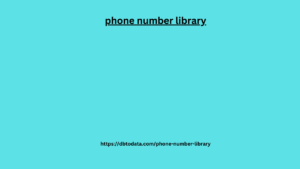In 2022, the number of people forced to flee due to persecution, conflict, violence and human rights violations reached more than 100 million (UNHCR, 2022). Amongst those fleeing were scientists, scholars, doctors, engineers, professors and university students.
Coauthor of the International Science
Council’s Protecting Science in Times of Crisis, Dr Vivi Stavrou said as knowledge brokers. Scientists were often the first to be affected, imprisoned and exiled in times of crises yet few people. Realize the impact the loss of science knowledge and infrastructure has on their country and future generations.
“There is currently
no shared understanding of how the global scientific community can respond to crises that affect science and scientists. Or of how it can coordinate the rebuilding of science systems affected by crises,” Dr Stavrou said.
Professor Sayaka Oki from the University of Tokyo Graduate School of Education contributed to the paper with learnings. From the Fukushima earthquake, tsunami and subsequent nuclear disaster in 2011 and the post-World phone number library War II recovery effort.
“Fukushima was a paradigm
shift for us because we had never experienced anything like this before. As global negotiations started to happen to respond to the crisis, more information became available than would normally have been released. For example, data on analyze your company profile and objectives radioactivity became more visible after this. Incident and people canada data became more aware of the issue,” Professor Oki said.
“At first, scientists seemed to be really shocked by the tsunami. Firstly. That level of seismic activity hadn’t occurred in 1000 years. Which really challenged our construction technologies that are normally based on a 200-300-year time scale. The differences of opinion that followed on how to mitigate the risk caused conflict within and outside the science community.
“Some science and technology
scientists were probably communicating and coordinating a response through their networks. But it seemed rather sporadic. There was no strong single voice which united scientists and that. Meant communication was left open to rumour and misinformation.”
Professor Oki says technological and engineering sciences were in demand at the time of both the Fukushima. And World War II crises but the lack of support for social sciences was a missed opportunity.
“In the immediate aftermath
of a disaster it is difficult to have inclusive, comprehensive and reasoned discussions. So we had a real dilemma. A democratic society should have free discussion but in reality. Especially for several days after an incident. It can be really difficult to have considered and consistent messaging. So that is when a single voice is needed, but at the same time it needs to be transparent and clear,” Professor Oki explained.

